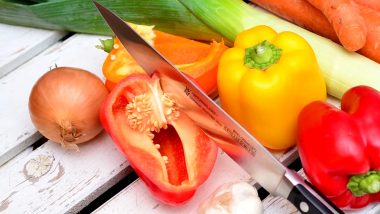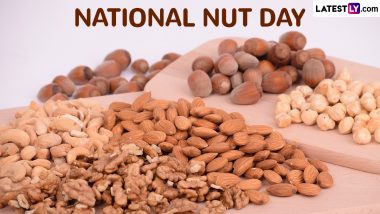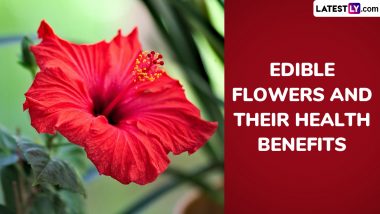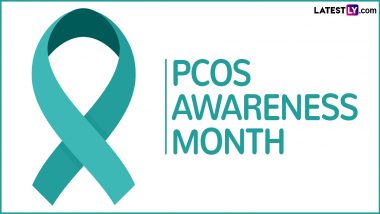Irrespective of whether you are on a weight loss diet or not, you must have come across news related to intermittent fasting. This is the most trending diet these days to lose weight and many people around the globe have started practising it. Keeping your body under the fast state is definitely not a bad idea. However, there are a few important guidelines that need to be followed while opting for the intermittent fasting diet. We bring you a few basic tips for Intermittent fasting and also five types of foods that need to be eaten during the eating window. Intermittent Fasting Suitable For All? Dos & Don'ts For This Popular Weight Loss Diet.
Tips For Intermittent Fasting
Intermittent fasting is considered the best for weight loss, as the change in eating pattern can cause a change in hormone levels, which increases the release of the fat-burning hormone, known as norepinephrine. There are different ways to practise intermittent fasting like 16:8 method, 5:2 method, alternate-day fasting, 24 hours fast once or twice in a week. The most commonly used for weight loss is 16:8, where there are sixteen hours of fasting and eating window is restricted to eight hours every day. Is Intermittent Fasting a Safe Way to Lose Weight For Women? All Your Queries about This Diet Causing Hormonal Imbalances and Infertility Answered!
During eights hours of eating window be sure to eat foods in small proportion at regular intervals. Don't have a large chunk of the meal at one go. Be sure to have complex carbohydrates as it will keep your glycogen level refilled. Fruits should also be included for fibres that will prevent constipation and other digestive issues. Intermittent fasting should not be treated as starvation, eat nutritious food during the eating window and even when your body craves for food during the fasting period, you can break it with some healthy snack. Most importantly, avoid junk food, processed food, refined sugar and refined flour.
Five Types of Food You Should Eat During Intermittent Fasting
1. Lentils - Red and yellow lentils and other legumes like split chickpeas, black-eyed peas should be eaten during the eating window as they are rich in protein and will help maintain the muscle mass. Also, the protein and fibre content will keep the body full and reduce the level of the hunger hormone ghrelin.
2. Eggs - They are low in calories and rich in healthy fats, proteins and minerals which are essential for the body. Eggs also help increase the level of good 'HDL' cholesterol, which is good for heart health.
3. Vegetables - Green leafy vegetables like spinach, kale, cabbage and even cruciferous veggies like cauliflower, broccoli should be eaten during the eating window of intermittent fasting.
4. Fruits - Berries, apple and pears are not only rich in fibre but also consist of antioxidants which enable smooth functioning of the body.
5. Nuts and Seeds - Nuts like almonds, walnuts and seeds like flax seeds, chia seeds and pumpkin seeds should be eaten as snacks to keep the basal metabolic rate high.
Most importantly, before starting intermittent fasting, it is necessary to prepare yourself mentally. Keeping the mind occupied in some activity also avoids craving. Needless to say, while having foods, you should have control over the portion and also do some light to moderate exercise regularly for effective result.
(This article is written for an informative purpose and should not be substituted for medical advice. Kindly consult your doctor before trying any tips.)
(The above story first appeared on LatestLY on Oct 17, 2020 07:31 AM IST. For more news and updates on politics, world, sports, entertainment and lifestyle, log on to our website latestly.com).













 Quickly
Quickly





















